Supercharge your social media: Discover Boston workshop, September 2023
The information on this page is what we covered in the Discover Boston’s ‘Supercharge your social media’ workshop on Thursday, 21st September. It is intended as a reminder of the many varied discussion topics that arose throughout the session, so if you weren’t there, it may not make as much sense as if you were! Please don’t hesitate to contact me should you have any questions, feedback or ideas following the session.
What is social media?
Social media is a very broad term. I’ve been through times when I love it and all it stands for, and times when I don’t feel the term is useful - in fact, it can be so broad and vague it’s harmful, especially for overwhelmed business owners. It’s certainly played a significant part in how society has shifted in the internet age, particularly over the past 15-20 years.
But what does it mean?
What does it mean to you?
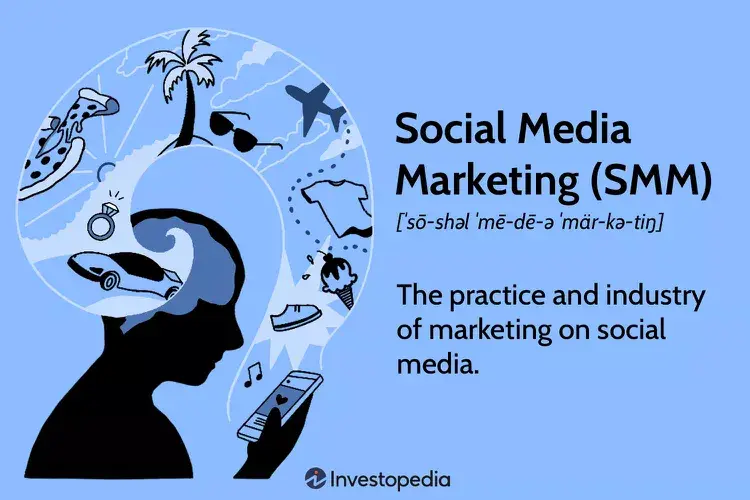
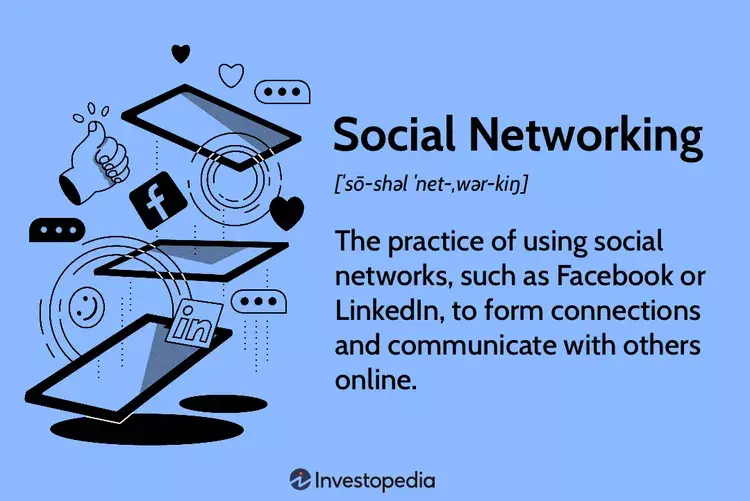

Social media in the palm of your hand: a true game-changer.
This guy changed things…in what year? 2007, the year the iPhone made social media more accessible and the internet more social (although not necessarily more sociable). Not only did it do that, but it also gave clever tech people and analysts the opportunity to get a deeper understanding of how people interact, more data available to measure and apply to how platforms and products are built.
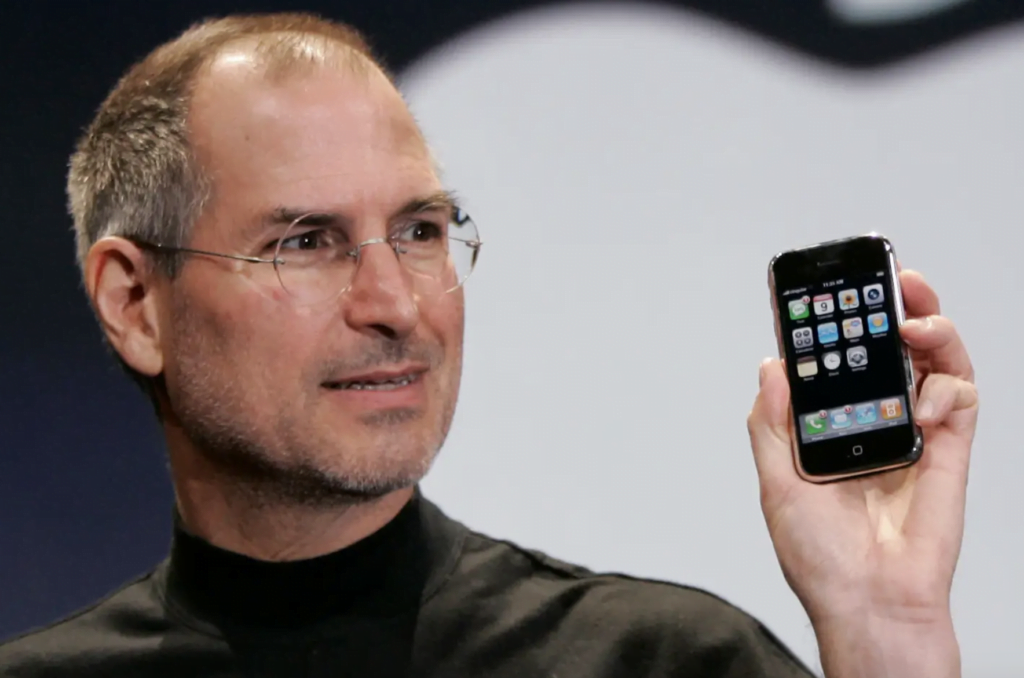
Why is social media important?
Word of mouth has always been the most effective way of getting customers. Almost all advertising (and most human behaviour!) stems back to trying to influence people to make decisions (often to buy something) straight away, to consider buying in the future and/or telling their friends and family to buy from you. SM has amplified that.
If you treat it as a set of conversational platforms that enable people to engage with you and share your message and your story with their friends and family, you’ll see it in a different light. Word of mouth at scale has long been a key selling point of Facebook’s advertising!
And now, opening up and perusing one social media account or another is the daily or hourly habit of so many of us. And the platforms know that and capitalise on it.
Try not to get drawn into the blame game that surrounds the algorithms (the processes or sets of rules that control platforms like Facebook, Instagram and more) that decide what people see and when; it’s important to know they exist, so you can understand how they decide what is shown to platform users.
Start with strategy
Don’t be scared by the word strategy. It’s really just a way of helping you make decisions. You’ll have strategies for most things in business, and marketing should be the same. Social media isn’t a strategy.
Don’t think about which platforms you want to use, yet, just think about what you want to achieve.
The plan will give you the ‘how’.
Think about who you want to talk to, what you want to say, why and what you want them to do. Once you have a line or two about that, it’ll help you decide what your key themes are.
Your story is key to the strategy. You’ll notice that many small businesses put people at their heart because that’s what other people connect to. I bet you’ve heard this a hundred times or more, so I’ll give you my take on it, using a personal example: The Old Granary has got more engagement that has led to more bookings since Louise and Clare started making the content about themselves and what they’re doing, rather than making the apartments the stars of the show.
Good strategy leads to great creative. While you watch this ad, please think about what makes advertising and marketing ‘good’ in your world. Doing this will make you think more about what you’re sharing and why.
Knapton Wright’s recipe for success
- Create a one or two line marketing strategy. This will help you make quick decisions about marketing, for example: whether to attend an event, put an ad in a publication, sponsor a local initiative or even put a post on social media.
- Put yourself at the heart of your content: people buy people, so even though you’re promoting a business, make it about the people who are running it/involved in it. And never refer to your business in the third person, please!
- Consistency is very important: work out what matters about your business, and make sure those two or three points run through the heart of your marketing and communications. The more often people hear or see the core message(s) you share, the better they understand what you do.
- Build your castle: make sure everyone in your local area knows who you are and what you do; they won’t necessarily be your customers/guests/clients, but by making it easier for them to promote you to their friends and family, they’re doing your job for you.
- Operate in campaigns: it makes it easier to plan and makes you stand out as a business because you have clear messages to share and, more often than not, a defined purpose.
- Create once, publish everywhere (COPE): this doesn’t mean I’m advocating putting the same message on all channels, rather I mean write great copy for your website then chop it up into smaller pieces for other marketing channels. It saves time, keeps the message consistent and helps with consistency.
- Sell, but not all the time. Promoting your business in a style that matches the experience people receive when they’re with you or using your service, is one of the best ways of delivering sales messages. I know we’re all based in England, but we need to be less “English” about selling!
- Know your target market: who are they, where do they “hang out” online and offline, where do you want them to go, what do you want them to do, what do they respond to?
- Reels and stories are so important on social media now - look at the success of YouTube Shorts, TikTok and now reels, the platforms know people have short attention spans and are making them shorter! We have a how to guide for creating reels
- Continuing with advertising in a recession is vitally important. It has long term and short term impacts. It’s a great opportunity for your business to increase your share of voice and remain top of mind when competitors may be cutting back on spend. This doesn’t mean you have to spend lots of money, but you do need to spend time thinking about it and be creative about how you continue to advertise.
- Focus on your owned media is your most precious marketing asset. Owned media are things you create or curate like email marketing, printed materials, blog posts, even your website. You own it and you control it, so you aren’t at the whim of a billionaire who’s distracted by other things (Zuckerberg/Metaverse) or who doesn’t seem to know what they’re doing (Musk/Twitter).
So many platforms, which should I choose?
The answer is to choose the one you’re happiest using and that your audience is most likely to be on.
What do you currently use? Do you track results/impact?
- Insta
- TikTok
- YouTube
- X (the artist formerly known as Twitter)
- WhatsApp - just announced a business platform for larger businesses
- Podcast
Creating great content
The most important thing to remember is that it doesn’t have to be arduous, if it is, you’re probably not doing it right. Don’t have unrealistic expectations - if you have limited time, you need to manage expectations about the results you’re likely to get: allocate time and budget to it. If you don’t see value in it, don’t bother with it!
The more you play around with social platforms, the more you’ll learn, the better you’ll get and the easier it will become. I’ve mentioned my wife already. When I was at Facebook, she didn’t want to use it, she told people she hardly ever did because it was pointless. Now she has businesses that benefit from consistent social media usage, she loves it - she should be doing part of this talk today!
If you struggle with ideas, remember this: sell the sizzle, not the sausage. Think about how people will feel when they experience your attraction/venue/organisation and use that to write words, take photos and make videos that will generate those feelings.
Style and imagery
Here you can see three different approaches: F&E styled with a border/frame on each image; TOG a journal of farming and hospitality life; VL a vibrant showcase of Lincolnshire. Think about how you’d like to interact with your brand, and make your content match it - also consider what your target audience would like to see, what are they here for?
Professional photography is important. If you run a business and want to show it off, it’s unlikely that your iphone shots will do it justice. Investing in decent photography and videography will pay dividends in the future, too.



There are hundreds of tools to help you…!
There are hundreds of apps, tools and services out there that will help you create great-looking content, these four are what we use the most - Matterport example on The Gables (https://theoldgranarylincolnshire.co.uk/gables/)
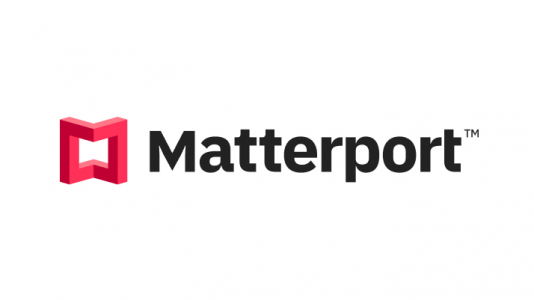
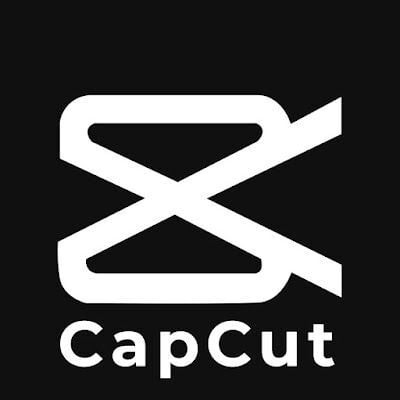


Scheduling.
Some of you will do this, some won’t, it’s such a time saver, especially when combined with a content plan.
Follower/audience growth
Follower numbers are often seen as a vanity metric but there’s some value in having more of the right people in your audience. As I said earlier, advertising and marketing is about reaching more of the right people, and giving them a message they understand and can share with their friends and family. There are lots of ways to increase follower numbers, but remember quality is better than quantity (most of the time).
Collaboration with other complementary businesses - bring their audience into your world and yours into theirs.
Paid promotion - targeted paid advertising is a great way to get your brand in front of more of the right people, with messages they want to see. Not only will this drive them back to your website/social profile, but also it will encourage them to follow you if they like what they see.
Boosting is quick and easy. Ad campaigns are longer term and more involved. Do you want me to talk more about this?
Incentives, competitions, giveaways - try to keep the prize relevant to what you do as a business, to discourage the freeloaders/competition professionals!
Use experts for the top level stuff: strategy, high quality photos, advertising at scale - friends and family are great but make sure you treat them like professionals, that way they will behave like them.
So what?
We always ask “so what” with any piece of work. It’s often what makes the difference between a good execution and a great result.
Now’s a good time to talk about results. You’re creating good content, your follower base is growing but so what? Are you selling more product? Getting more people through the door? Making more money?
Measuring impact
Detailed approach - Google Analytics, social analytics, sales data
Anecdotal - do you think you are getting more customers, bookings, footfall?
The rise of the robots [AI]
It’s still too early, in my opinion and experience, to spend too much time worrying about what AI might do but it isn’t too early to benefit from it. 80-20 is our approach: let AI do the heavy lifting, and humans prep and check. Knowing what to ask is part of the 20% human intervention. Checking and editing is the remainder of the 20%. The body of the copy is The Machine.
Platforms like https://chat.openai.com/ are leading the way in solving problems that aren’t really problems, but if we can find a faster way to do them, we shouldn’t be complaining!
For example, you could ask ChatGPT to create a 500 word blog post about fun things to do in Boston, Lincolnshire. See what it comes out with!
What can you do now, when you leave this room?
- Think about what you want to achieve, that’ll help you formulate your marketing strategy
- Decide how you’re going to position your brand and talk to your audience
- Create a content plan and schedule for the next week, then the next month
- Manage your own expectations
- Take a look at your website. Is it a business tool or just a digital presence? Get some more content on there!
Thank you!
Alex Wright
alex@knaptonwright.co.uk








